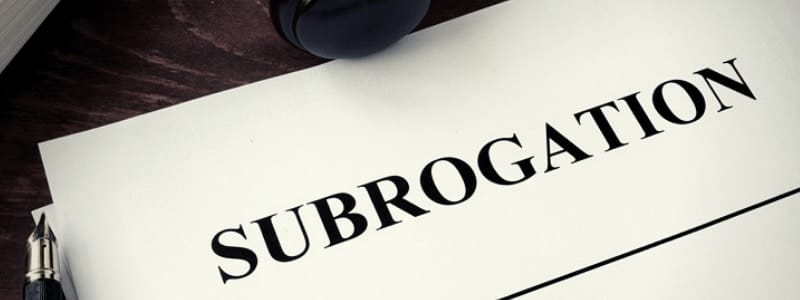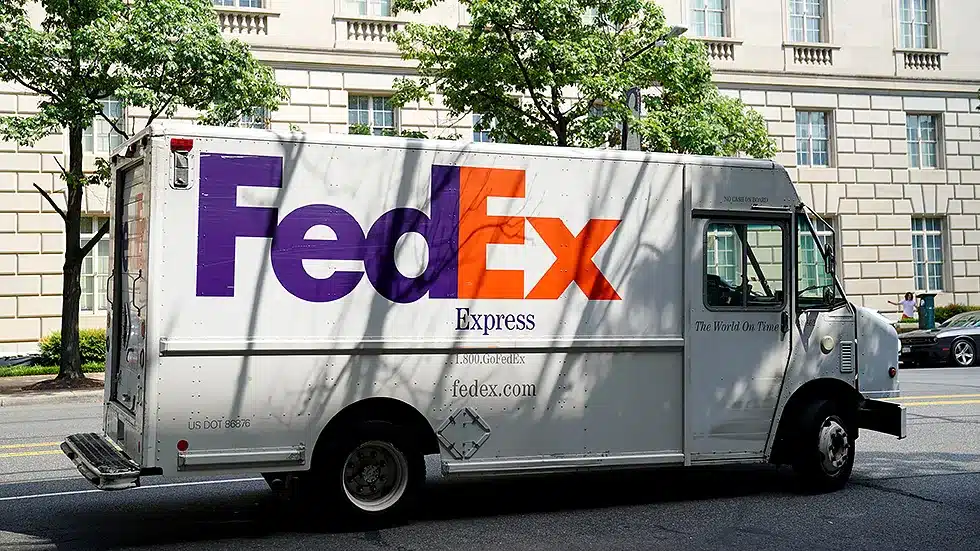
Subrogation
Subrogation is a legal process that allows an insurance company to pursue reimbursement from the party responsible for an insured individual’s damages after the insurance company has paid the claim. In cases involving car accidents, medical bills, or property damage, subrogation enables insurers to recoup costs they covered by seeking repayment from the at-fault party or their insurance provider. Subrogation helps insurers control costs while ensuring that responsible parties bear the financial burden of their actions. At 770GoodLaw, we help clients navigate subrogation issues, protecting their rights and ensuring they understand their obligations in these claims.
Purpose of Subrogation in Insurance
The primary purpose of subrogation is to allow insurers to recover costs from the responsible party after compensating the insured. This process helps keep insurance premiums lower by reducing losses incurred by insurers and ensures that those responsible for damages are held financially accountable. Key purposes of subrogation include:
-
Cost Recovery for Insurers: Subrogation allows insurers to recover funds paid out to policyholders, reducing overall financial losses.
-
Promoting Accountability: By holding the at-fault party responsible, subrogation discourages negligent behavior and reinforces accountability.
-
Reducing Premium Increases: Successful subrogation can help control premium rates by offsetting some of the insurer’s payout expenses.
-
Ensuring Fair Compensation: Through subrogation, insurers ensure that compensation is sought from the party directly responsible for the damages.
How Subrogation Works
Subrogation typically begins after the insurance company has paid a claim on behalf of its insured and involves seeking repayment from the liable third party. The main steps in the subrogation process include:
- Payment of the Claim: The insurer compensates the policyholder for damages, injuries, or losses covered under the policy.
- Establishing Liability: The insurer investigates the circumstances of the claim to confirm that a third party was responsible for the damages.
- Pursuing Reimbursement: The insurer files a subrogation claim against the at-fault party or their insurance provider, seeking reimbursement for the amount paid to the policyholder.
- Distributing Recovered Funds: If the insurer successfully recovers funds through subrogation, the policyholder may receive a portion of the recovered amount, depending on policy terms.
Types of Subrogation in Insurance Claims
Subrogation applies in various types of insurance claims, including car accidents, health insurance, and property damage. Common types of subrogation include:
- Auto Insurance Subrogation: When an auto insurance company pays for accident-related damages, it may pursue subrogation against the at-fault driver’s insurance company to recover costs.
- Health Insurance Subrogation: Health insurers often seek reimbursement from liable third parties after covering medical expenses, particularly in personal injury cases.
- Property Insurance Subrogation: Property insurers may pursue subrogation to recover costs for damages caused by third parties, such as fires or construction accidents.
- Workers’ Compensation Subrogation: In cases where an employee is injured due to a third party’s negligence, the workers’ compensation insurer may seek subrogation against the responsible party.
Policyholder Rights in Subrogation Cases
Policyholders have certain rights in subrogation cases, especially regarding the distribution of recovered funds and cooperation with their insurer’s efforts. Important rights and obligations include:
-
Right to a Fair Settlement: Policyholders are entitled to receive fair compensation for their damages before the insurer can pursue subrogation.
-
Right to a Portion of Recovered Funds: In some cases, policyholders may receive a portion of the recovered funds if the subrogation amount exceeds what the insurer paid.
-
Obligation to Cooperate: Most insurance policies require policyholders to cooperate with the insurer’s subrogation efforts, which may include providing information or assisting with evidence.
-
Avoiding Double Recovery: Policyholders cannot receive double recovery for the same damages, as any funds recovered through subrogation are typically allocated to the insurer.
How 770GoodLaw Assists Clients with Subrogation Issues
At 770GoodLaw, we understand the complexities of subrogation and work to protect our clients’ rights throughout the process. Our attorneys provide guidance on policyholder rights, negotiate favorable outcomes, and address subrogation claims to minimize impact on our clients. Our approach includes:
- Explaining Subrogation Rights: We help clients understand their rights and obligations in subrogation cases, ensuring they are informed and protected.
- Negotiating Distribution of Recovered Funds: Our team negotiates with insurers to secure fair distribution of recovered funds, maximizing compensation for our clients.
- Protecting Against Excessive Claims: We review subrogation claims to ensure that they are justified, challenging any excessive or unreasonable demands.
- Providing Representation in Disputes: When disputes arise, we represent clients in negotiating or contesting subrogation claims, advocating for a fair resolution.
Importance of Legal Representation in Subrogation Cases
Subrogation claims can be complex, particularly when they involve large sums or disputed liability. Legal representation ensures that policyholders’ rights are upheld and that they receive fair treatment from their insurer. At 770GoodLaw, we provide experienced support for clients facing subrogation issues, helping them navigate the process and achieve the best possible outcomes.
Why Choose 770GoodLaw for Subrogation Assistance
Our commitment to Relentless Reliability and Sincetegrity drives us to offer comprehensive, client-centered support for subrogation matters. At 770GoodLaw, we work to protect our clients’ interests, ensuring they understand their rights and receive fair compensation in subrogation cases.






